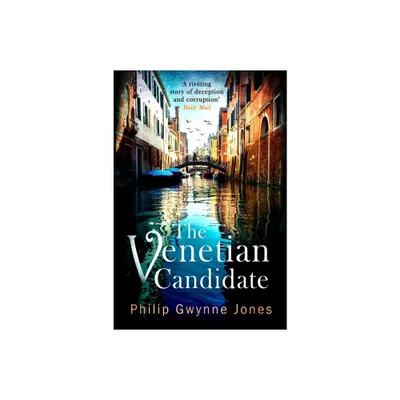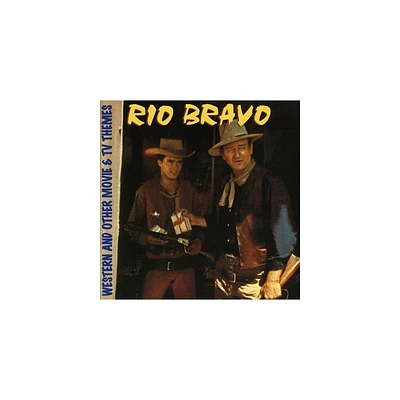Home
The Bravo: A Venetian Story
Loading Inventory...
Barnes and Noble
The Bravo: A Venetian Story
Current price: $99.00


Barnes and Noble
The Bravo: A Venetian Story
Current price: $99.00
Loading Inventory...
Size: Hardcover
*Product Information may vary - to confirm product availability, pricing, and additional information please contact Barnes and Noble
The Bravo
(1831) takes place in early eighteenth-century Venice, when the "Serene Republic" had lost much of its glory, leaving its oligarchs struggling to hold on to their family wealth by manipulating the government and people through secret councils and a figure-head doge. In 1844, Cooper called it "in spirit, the most American book I ever wrote" because of its depiction of the masses duped by demagoguery and the attempts of Congress to rein in President Jackson, who Cooper saw as representing the popular will. In the novel, the low-born hero, Jacopo Frontoni, is forced to become an agent of the state because his unjustly imprisoned father languishes in the infamous state prison. On the last page, Jacopo is executed as a scapegoat for the crimes attributed to him of which he is innocent, rendering his beloved insane. Only in a subplot does a noble couple escape Venice to enjoy marriage.The present text is based on all extant manuscript witnesses (including a lengthy deleted section) and offers extensive explanatory notes.
(1831) takes place in early eighteenth-century Venice, when the "Serene Republic" had lost much of its glory, leaving its oligarchs struggling to hold on to their family wealth by manipulating the government and people through secret councils and a figure-head doge. In 1844, Cooper called it "in spirit, the most American book I ever wrote" because of its depiction of the masses duped by demagoguery and the attempts of Congress to rein in President Jackson, who Cooper saw as representing the popular will. In the novel, the low-born hero, Jacopo Frontoni, is forced to become an agent of the state because his unjustly imprisoned father languishes in the infamous state prison. On the last page, Jacopo is executed as a scapegoat for the crimes attributed to him of which he is innocent, rendering his beloved insane. Only in a subplot does a noble couple escape Venice to enjoy marriage.The present text is based on all extant manuscript witnesses (including a lengthy deleted section) and offers extensive explanatory notes.


















